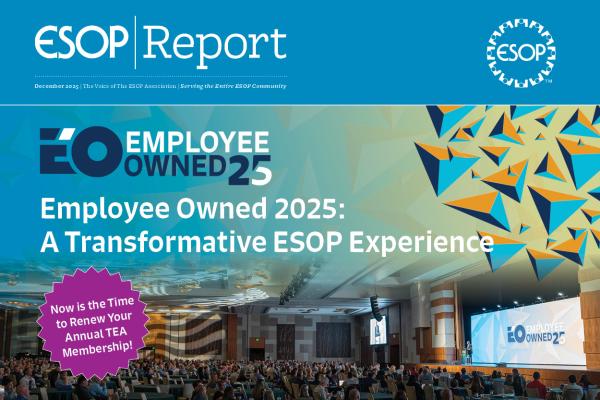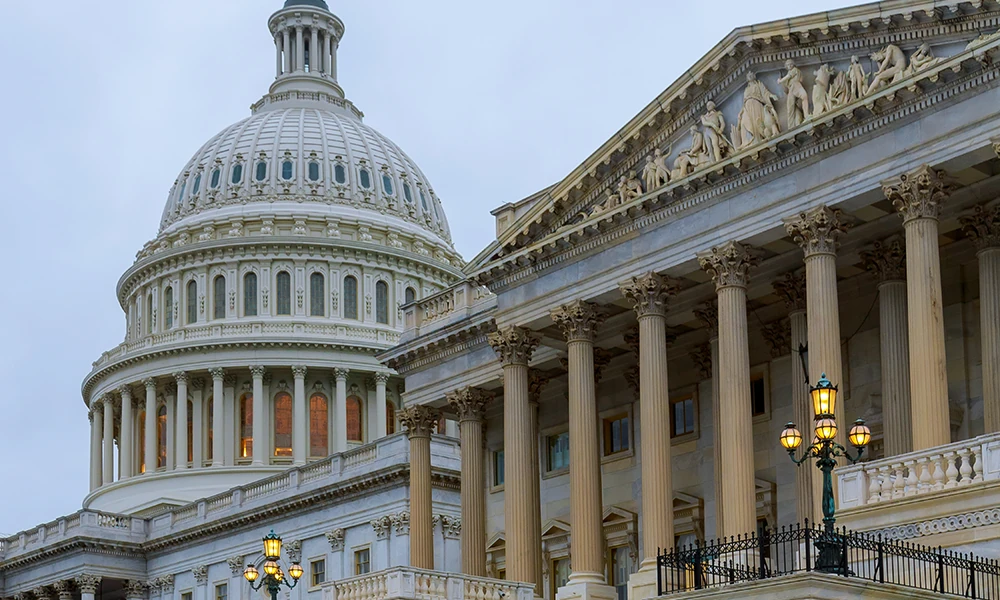The Budget Lab at Yale recently analyzed Expanding ESOPs’ policy ideas and concluded they “would cost $98.6 billion over the [first ten years or] 2026-2036 time-period.” The analysis goes on further and concludes that as the proposal is “fully adopted and incorporated into business decisions” it would “cost[s] an additional $524.8 billion” in the second ten years.
The Budget Lab at Yale is a non-partisan policy research center dedicated to providing in-depth analysis of federal policy proposals for the American economy. Pete Stavros, the founder and principal funder of Expanding ESOPs, provided his policy proposals to The ESOP Association (TEA), which then requested an independent analysis to evaluate them.
The Budget Lab at Yale utilized “conventional” estimates and employs very similar methodologies and assumptions as the Joint Committee on Taxation (JCT), which is the official arbiter of revenue loss or gain to the US Treasury for policy proposals.
“This is an extraordinarily high price tag for Congress to swallow, and validates one of our primary concerns, that the tax breaks being sought by private equity firms will swamp and jeopardize the existing structure of tax deferrals and deductions for our current ESOP companies,” said Jim Bonham, President of The ESOP Association. “The analysis also validates that the proposed structures are entirely new and different from existing ESOP structures, thereby creating a new type of ESOP that would be lumped in with existing ESOPs for budget scoring purposes.”
In the report, the analysts observe the “proposal significantly expands the tax benefits of ESOPs, specifically to larger companies.” It goes on to note, “the proposal essentially creates a parallel system designed for larger companies and institutional capital markets.
The report also discerns that within the first ten-year budget window, the classification of these new plans as “ESOPs” would raise the “per participant cost by roughly $600 to almost $1,000 per [plan] participant” functionally tripling the budget exposure for existing ESOPs.
“This would pose an existential threat to ESOPs, especially S-Corp ESOPs, in any future tax bill,” Bonham continued. “To put that in context, just in the first tenyear window it would make ESOPs comparable to the deduction for student loan interest, combat pay for military personnel, and medical or dental expense deductions. In the second ten-year window it would be nearly equivalent to the charitable contributions deduction, state and local tax deduction, and the Earned Income Tax Credit.”
“Supporters of this initiative need to get sober real fast about the danger they are creating for ESOPs,” Bonham said. “If existing ESOPs get thrown into the same federal tax bucket as these new plans that aren’t even ESOPs, we’re married to them in all future tax bills. That is not in the interest of the membership of The ESOP Association.”
Sources https://budgetlab.yale.edu/research/budgetary-effectsexpansion-employee-stock-ownership-plans






